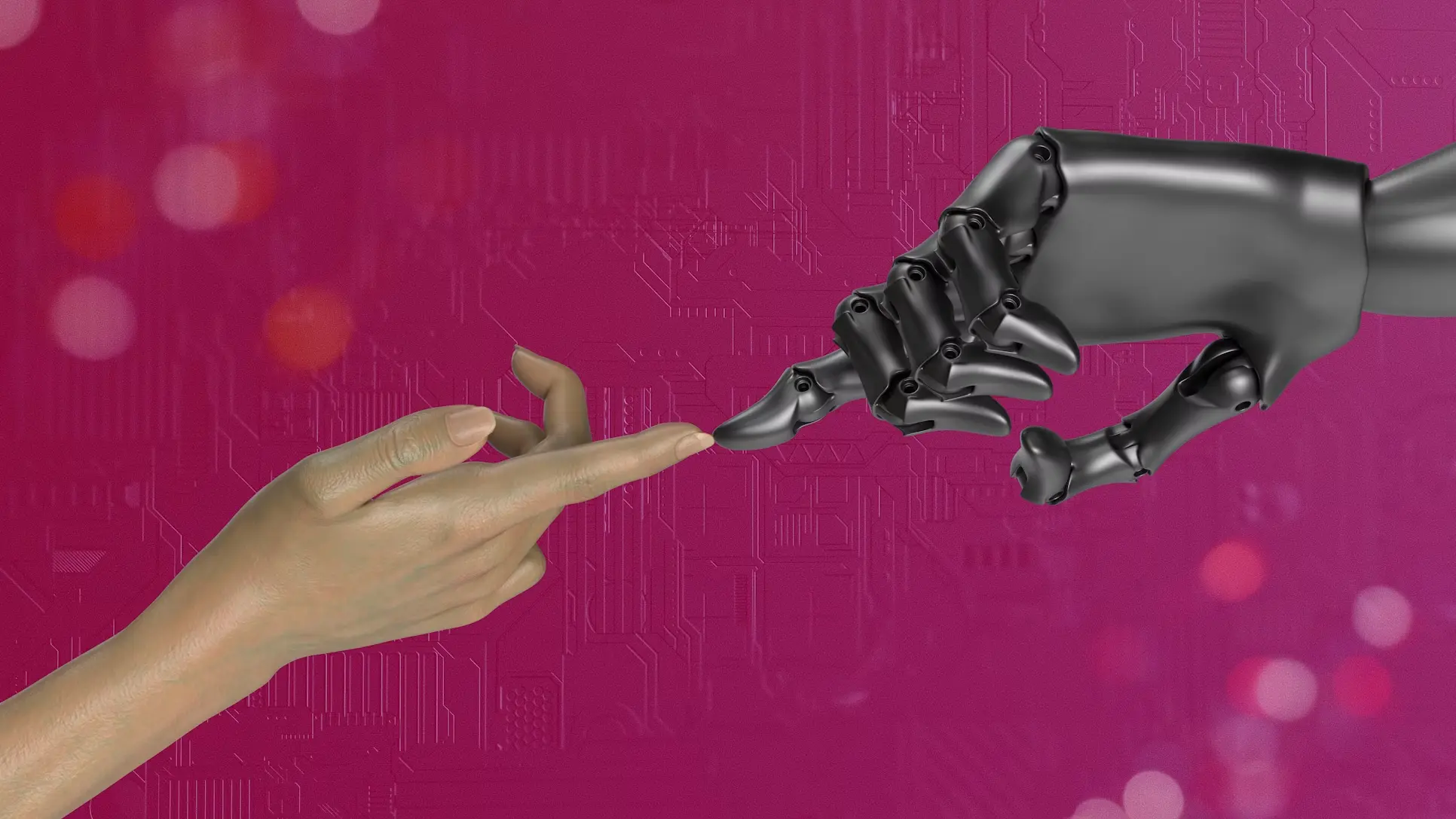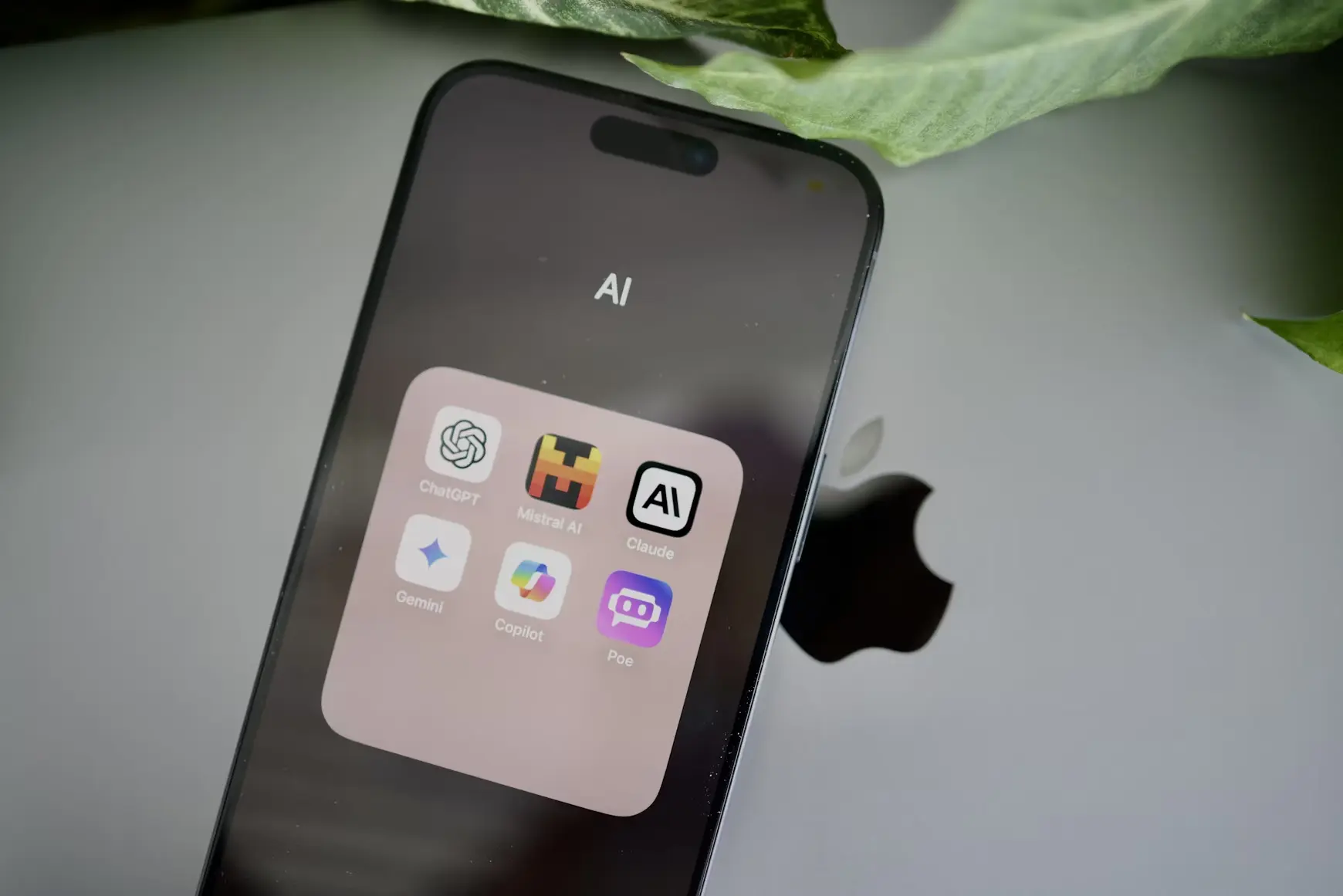
Will AI Replace Paralegals - Future of Legal Support

As technology continues to evolve at an unprecedented pace, artificial intelligence (AI) is making its presence felt across virtually every industry. Sectors such as healthcare and finance have already experienced significant changes, and the legal field is now undergoing its own transformation. With the rise of legal tech tools and AI-native platforms, the question on many minds is: Will AI replace paralegals? To put it simply: AI is not here to replace paralegals, but it is certainly reshaping what their roles look like. Rather than eliminating the need for paralegals, AI is reshaping how they work, allowing them to focus on higher-value tasks while automating the more repetitive, time-consuming aspects of their jobs. This article explores how AI is impacting the paralegal profession, why replacement is not the real concern, and how tools like Qanooni AI are empowering legal professionals to work smarter, not harder.
Key Takeaways
- While AI offers powerful tools to streamline tasks and boost productivity, it lacks the nuanced understanding, emotional intelligence, and adaptability that human professionals bring.
- Rather than becoming obsolete, paralegals are transitioning into more strategic, tech-savvy professionals with deeper involvement in case strategy and client engagement.
- Platforms such as Qanooni AI are examples of how smart integration of AI can support—not replace—legal teams, allowing paralegals to excel.
Understanding the Role of Paralegals
Before diving into the AI conversation, it’s essential to understand the multifaceted role of a paralegal. Many legal teams rely heavily on paralegals as their foundational support. They perform tasks such as:
- Legal research
- Drafting documents
- Managing case files
- Client communication
- Supporting attorneys in trial preparation
- Coordinating schedules and deadlines These tasks require not just legal knowledge, but also analytical thinking, ethical judgment, and human empathy. Paralegals bridge the gap between legal theory and real-world practice, often acting as the first point of contact for clients and a crucial support system for lawyers.
The Rise of AI in Legal Workflows
AI has made significant inroads into the legal industry in recent years. Legal research tools now use AI to sift through massive databases of case law in seconds. Document automation software can generate first-draft contracts with minimal human input. Predictive analytics tools can assess litigation outcomes based on historical data. AI technologies are already being applied in several important ways, including:
- Document review: AI can analyse thousands of documents for relevance, saving hours of manual labour.
- Legal research: Using natural language processing (NLP) to analyse and respond to user queries in everyday language.
- Contract analysis: AI tools flag risky clauses, suggest alternatives, and even provide summaries.
- E-discovery: Automated systems can identify, collect, and process relevant electronic information during litigation. These advances have led to some speculation that AI may make the paralegal profession obsolete. But such assumptions often overlook one critical truth: AI lacks the human element.

Why AI Will Not Replace Paralegals
However, no matter how advanced these tools become, they cannot match the insight, reasoning, and human connection that legal professionals offer. This is why paralegals continue to play a critical, irreplaceable role in the legal landscape.
1. Human Judgment and Ethics
AI can process information, but it cannot make ethical decisions or understand context the way a trained paralegal can. Paralegals often assess client situations with nuance, identify potential conflicts of interest, and ensure compliance with legal standards—tasks that require a moral compass, not just data analysis.
2. Client Interaction
Legal work involves emotionally charged situations—divorces, custody battles, criminal defence, and more. Clients need empathy and clarity, which AI cannot provide. Paralegals offer human reassurance and guide clients through complex processes.
3. Custom Legal Drafting
While AI can create templates, it lacks the creativity and adaptability needed for customised legal documents. Paralegals tailor content to meet specific case requirements, client needs, and jurisdictional requirements.
4. Multi-Tasking and Coordination
Paralegals juggle a wide range of responsibilities, from scheduling depositions to communicating with courts. This level of project management and coordination requires human oversight and flexibility that AI can’t replicate.
5. Continuous Learning and Adaptation
Law is dynamic. Rules change, precedents evolve, and strategies shift. Paralegals are trained to adapt to legal developments—AI systems must be retrained or updated manually, which is not always immediate.
The Future: AI as a Partner, Not a Replacement
Instead of seeing AI as a threat, paralegals should recognise it as a valuable ally. It can handle routine and time-intensive tasks, such as:
- Filing court forms
- Sorting through case documents
- Summarising case law
- Generating billing reports This frees up paralegals to focus on work that requires critical thinking, strategic input, and client interaction. It’s not about replacement—it’s about augmentation. In fact, law firms that effectively integrate AI see their paralegals become more efficient and valuable. They handle more cases, reduce errors, and support attorneys more effectively.
Real-World Example: How Qanooni AI Supports Paralegals
One compelling example of this collaborative future is Qanooni AI—a legal technology platform designed to streamline legal workflows and support both paralegals and attorneys. What is Qanooni AI? Qanooni AI is an advanced legal productivity platform that leverages artificial intelligence to automate, organise, and accelerate legal work. It’s not designed to replace human workers but to empower them. How It Helps Paralegals:
- Smart Document Drafting: Qanooni AI can generate accurate first-draft legal documents based on predefined inputs. Paralegals save hours of manual drafting and can instead focus on reviewing and tailoring content to each client’s needs.
- Case Management: The platform offers an intuitive dashboard to track deadlines, documents, and client communications in one place. This ensures nothing falls through the cracks.
- Legal Research Assistance: Qanooni AI’s research capabilities help paralegals locate relevant cases, statutes, and secondary sources much faster, boosting efficiency while maintaining accuracy.
- Workflow Automation: With built-in automation for routine tasks like scheduling, filing, and reminders, Qanooni reduces administrative burdens so paralegals can focus on substantive work.
- Collaboration Tools: Paralegals and attorneys can collaborate in real-time using shared files, notes, and progress updates, cutting down on email clutter and miscommunication. By integrating tools like Qanooni AI, firms not only future-proof their operations but also elevate the roles of their paralegals into strategic contributors to the legal team.
FAQs
Can AI handle all legal research tasks that paralegals perform?
Not entirely. While AI can speed up research by identifying relevant cases and laws, it still lacks the ability to interpret nuances, contextual relevance, and jurisdictional subtleties the way a human paralegal can. AI assists, but doesn’t replace the need for human insight in research.
Should paralegals learn to use AI tools?
Absolutely. Paralegals who embrace legal technology and AI tools position themselves as indispensable assets in modern law firms. Learning platforms like Qanooni not only increase productivity but also future-proof your career.
Conclusion
The fear that AI will replace paralegals is largely a myth. While AI is transforming how legal work is performed, it is not rendering the paralegal profession obsolete. On the contrary, it's creating new opportunities for growth, specialisation, and impact. The legal industry, like many others, is entering a hybrid era—one where human expertise is augmented by intelligent tools. Paralegals who adapt to these changes and leverage platforms like Qanooni AI will not only survive but thrive. They’ll move beyond routine administrative tasks and take on more complex, rewarding responsibilities. So, will AI replace paralegals? That’s fiction. The fact is, AI will empower them to be more efficient, insightful, and strategic than ever before.
Ready to boost your legal practice?
If you're ready to work smarter, not harder, Qanooni AI may be the upgrade your legal practice needs.
👉 Visit Qanooni.ai to request a free demo or explore how Qanooni can simplify your daily workflows, saving you a lot of time to focus on core activities.